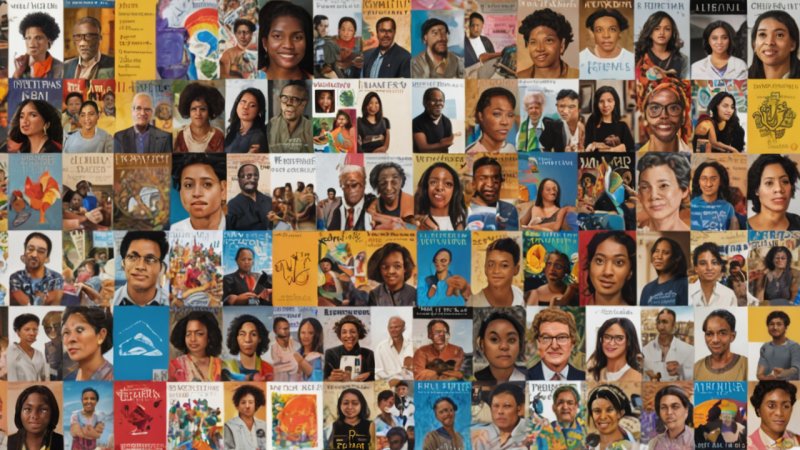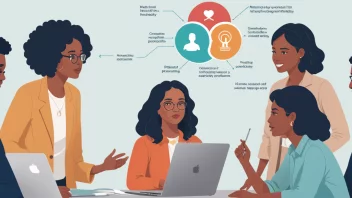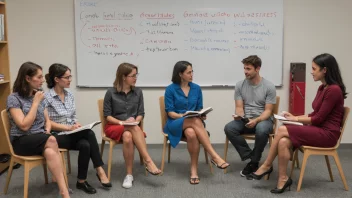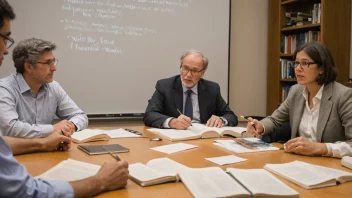The humanities encompass a broad range of disciplines that explore the human experience, including literature, history, philosophy, and the arts. In a world increasingly characterized by diversity and complexity, the role of the humanities in promoting inclusion and understanding has never been more critical. This article delves into how humanities disciplines contribute to the discourse on diversity, the challenges they face, and the transformative potential they hold in fostering inclusive societies.
Understanding Diversity and Inclusion
Diversity refers to the presence of differences within a given setting, encompassing various dimensions such as race, ethnicity, gender, sexual orientation, age, and socio-economic status. Inclusion, on the other hand, is the practice of creating environments in which any individual or group can be and feel welcomed, respected, supported, and valued. Together, diversity and inclusion contribute to a richer, more equitable society.
The Humanities: A Catalyst for Dialogue
The humanities serve as a vital platform for dialogue about diversity and inclusion. Through critical analysis of texts, historical events, and cultural artifacts, scholars and students engage with multiple perspectives, fostering empathy and understanding. This engagement is essential in breaking down stereotypes and challenging preconceived notions about different groups.
Literature as a Reflection of Society
Literature has long been a mirror reflecting societal values, struggles, and transformations. By reading works from diverse authors, individuals can gain insight into experiences different from their own. For instance, novels like "The Kite Runner" by Khaled Hosseini and "Americanah" by Chimamanda Ngozi Adichie provide profound explorations of identity, migration, and cultural differences.
History's Lessons on Inclusion
History is a rich repository of lessons regarding inclusion and exclusion. By studying historical movements such as the Civil Rights Movement in the United States, the anti-apartheid struggle in South Africa, or the women's suffrage movement, we can better understand the systemic barriers that marginalized communities face and the efforts made to overcome them. This historical perspective is crucial for informing contemporary discussions on diversity and inclusion.
Philosophy: Questioning Norms
Philosophy encourages critical thinking and questioning of societal norms. Philosophers like John Stuart Mill and Simone de Beauvoir have laid the groundwork for discussions on individual rights and equality. By engaging with philosophical texts, individuals can explore the ethical implications of diversity and inclusion, prompting a deeper understanding of justice and equity.
Ethical Frameworks for Inclusion
Ethical theories, such as utilitarianism and deontology, provide frameworks for evaluating the moral implications of inclusion. For example, utilitarianism advocates for actions that promote the greatest good for the greatest number, which can be applied to policies aimed at increasing diversity in workplaces and educational institutions. Meanwhile, deontological ethics emphasizes the inherent rights of individuals, reinforcing the importance of treating all people with dignity and respect.
The Arts: Bridging Cultural Gaps
The visual and performing arts play a significant role in promoting diversity and inclusion by providing platforms for underrepresented voices. Art can transcend language barriers and cultural differences, fostering connections among diverse groups. Museums, galleries, and theaters increasingly curate exhibitions and performances that highlight the work of marginalized artists, creating spaces for dialogue and understanding.
Case Studies: Successful Initiatives
Several initiatives in the arts have successfully promoted diversity and inclusion. For instance, the "National Museum of African American History and Culture" in Washington, D.C., showcases the rich history and contributions of African Americans, fostering a greater appreciation of their experiences. Similarly, initiatives like the "Diversity in Arts Leadership" program aim to increase the representation of diverse individuals in leadership roles within the arts sector.
Challenges Facing the Humanities
Despite the significant contributions of the humanities to promoting diversity and inclusion, several challenges persist. Funding cuts to humanities programs in educational institutions threaten the ability to explore these critical topics. Additionally, there is often a perception that the humanities are less relevant in a technology-driven world, which can undermine their importance in fostering inclusive societies.
Addressing Misconceptions
To combat misconceptions about the relevance of the humanities, advocates must emphasize their role in developing critical thinking skills and cultural awareness. By showcasing how humanities disciplines prepare individuals to navigate a diverse world, we can reinforce their importance in contemporary education and society.
The Future of Humanities in Diversity and Inclusion
As we look to the future, the humanities must continue to adapt and evolve to meet the challenges of a diverse society. This includes embracing interdisciplinary approaches that incorporate insights from social sciences, technology, and other fields. By fostering collaboration among disciplines, we can create a more comprehensive understanding of diversity and inclusion.
Innovative Educational Approaches
Innovative educational approaches, such as experiential learning and community engagement, can enhance the relevance of the humanities in promoting diversity. Programs that encourage students to engage with local communities and explore cultural differences can foster empathy and understanding, bridging gaps between diverse groups.
Conclusion
The humanities play a crucial role in promoting diversity and inclusion by fostering dialogue, challenging societal norms, and providing platforms for underrepresented voices. While challenges exist, the transformative potential of the humanities in creating inclusive societies is immense. By continuing to explore and celebrate the richness of human experiences, we can work towards a more equitable and understanding world.






